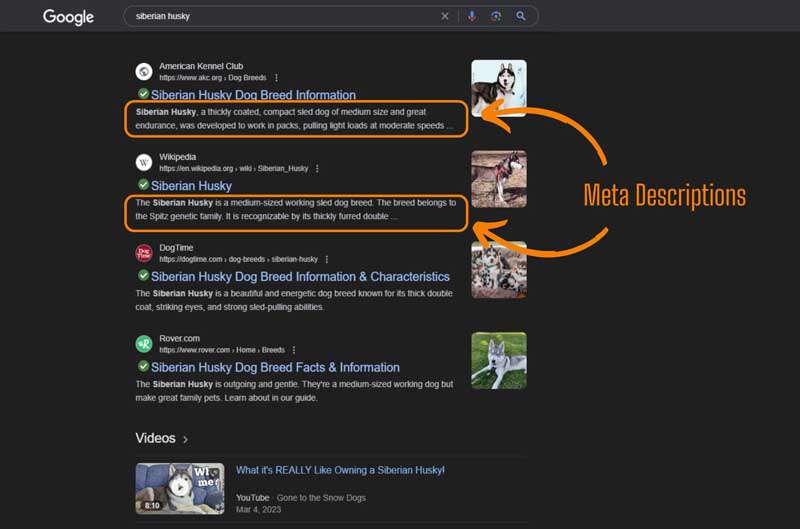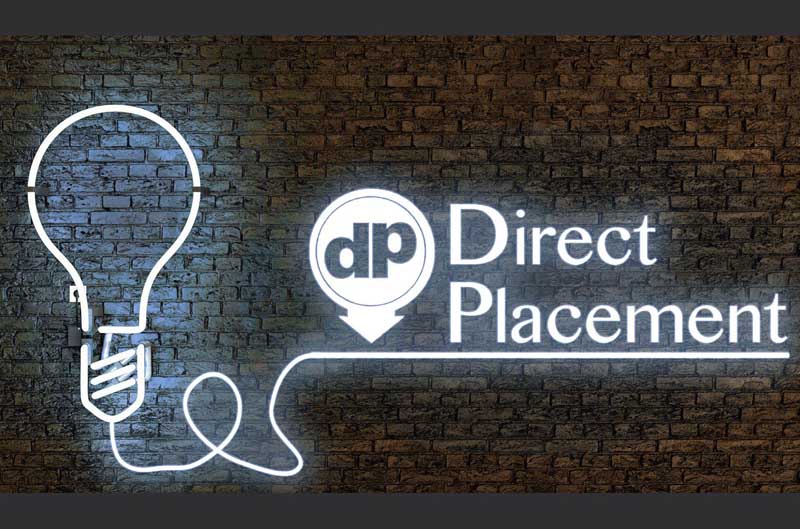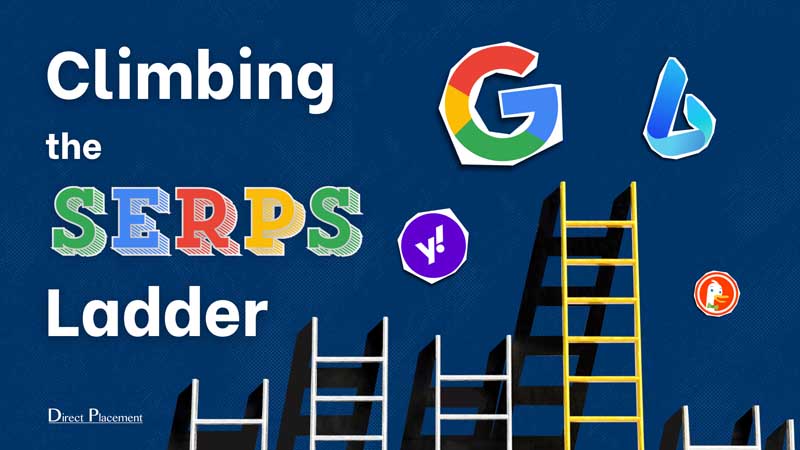Updated: May 22, 2024
High organic rankings on Google and other search engines can have a tremendous impact on how your website performs for your business. This is no secret, and the competition is intense for high traffic/ high intent keywords. Not to worry, there are a couple simple steps you can take that will improve your organic rankings and help your get more traffic to your site; improving your Alt Text and Meta Tags. It’s important to note that these are not magical hacks that will take your site to the top of the SERPS, but they will certainly help you on your way to high rankings.

Understanding SEO
Before we delve into the specifics of Alt Text and Meta Tags, it’s essential to understand the broader concept of Search Engine Optimization (SEO). SEO is a digital marketing strategy that focuses on improving a website’s visibility in organic (non-paid) search engine results. It encompasses both technical and creative elements required to improve rankings, drive traffic, and increase awareness in search engines.
SEO isn’t just about building search engine-friendly websites. It’s also about making your site better for people. Google’s algorithms are increasingly prioritizing websites that offer helpful and reliable content and a great user experience. This underscores the importance of keeping your website’s content relevant, engaging, and up-to-date.
Meta Tags

Meta tags are HTML elements that, though not displayed on the actual webpage, are critical in communicating a page’s core topics to search engines and social platforms. By understanding and utilizing these tags effectively, you can significantly enhance your site’s visibility and ranking in search engine results, making them a key focus for anyone aiming to optimize their online presence. This section delves into the various types of meta tags – from alt text that aids in image descriptions to the meta descriptions that offer a concise summary of your content – that when properly implemented, can substantially improve your site’s visibility, accessibility, and overall ranking on the SERPs.
- Alt Tag:
Alternative text (referred to as alt tags) are descriptions of images used in HTML code, they describe the appearance and function of images on your web page. Primarily these descriptions are used when the image can’t be displayed or for visually impaired users, however, they can help your organic rankings by providing more useful information for search engine crawlers.
Crawlers can have a difficult time interpreting images in the same way people do, so it’s best not to leave too much to interpretation and provide specific and succinct descriptions in your alt text. This, along with using quality image titles and file names, will help crawlers properly index your images so you can show in relevant search results, plus it’s always a good idea to jump on opportunities to implement relevant keywords to what you do. It’s important to keep them at less than 125 characters, as this is the limit for most screen readers.
A few things to think about when writing alt text:

- Don’t stuff keywords, Google will penalize you for it
- Avoid using images of text, crawlers will not be able to pick up the text on your images and you are missing out on potential impressions
- Leave out unnecessary words like “picture of” or “photo of” because alt text is already specific to images
- Be specific and descriptive for the most effective use of alt text. For example, if you have an image of a dog on your page (we’ll us the photo above as example), instead of using alt=”dog”, use something like alt=”brown and white siberian husky with different colored eyes”
- Title Tags: Title tags are visible to users as a clickable headline on SERPs and page titles in your browser tab. They are crucial for two reasons: they inform search engines about your web page’s content, and they provide the first impression users get of your web page. These tags are vital for appearing in relevant searches and for enhancing click-through rates.
It’s best practice to keep these tags under 60 characters. The actual limit is pixel-based rather than character-based but keeping it under 60 characters should suffice. When writing title tags, remember your audience. Be descriptive to appear in relevant search engine results and write in a way that will attract your ideal customer. A good format might look like Keyword 1 – Keyword 2 | Company Name. Additionally, for SEO purposes, avoid including numbers or dates in your title tag – this will make the process of applying updates intended to improve traffic far simpler. - Meta Description Tags : Meta descriptions explain to search engines what a page is about. They occasionally appear as the description of a page in the SERPs. Although keywords in these tags won’t directly affect your rankings, they could indirectly influence them by increasing your click-through rate. It’s best practice to keep your meta descriptions under 150 characters. If you ensure that your meta descriptions are relevant, concise, and unique, you’ll be providing the perfect foundation for a growth in organic rankings.

- Other Tags: In the world of SEO, it’s essential to stay current with the practices that impact your website’s visibility. While Meta Keyword tags once held rank significance, they have fallen out of favor with search engines due to misuse. Today, they play no role in how Google and other major search engines rank web pages. Instead, as mentioned earlier, we recommend including relevant keywords in the meta descriptions. Conversely, robots meta tags are helpful in guiding search engines’ actions regarding your site. These tags can direct whether a page should be indexed, if links should be followed, and other vital indexing-related decisions. Keeping abreast of these developments ensures that your SEO efforts are both effective and up-to-date.
Feeling Out of Your Depth?

While HTML and meta tags may seem daunting at first, their integration into your website is a crucial step towards enhancing your online presence. At Direct Placement, we understand the intricacies of digital optimization and stand ready to ensure that your meta tags—be they alt text, meta descriptions, title tags, or meta keywords—are optimized to help you meet your business goals. With our expert SEO specialists on your side, we can elevate your site’s search engine rankings, bolster site traffic, and ultimately contribute to your business’s growth. Start investing in the success of your brand today – contact Direct Placement to get started!

Direct Placement, LLC is a digital marketing agency that offers a variety of digital ads and services. Our team of trained and certified account managers and internet marketing advertisers are dedicated to helping your business achieve its advertising goals. Your personal account manager will work diligently with you to help ensure our advertising efforts are tailored to your specific needs. Contact Direct Placement, LLC today or visit our website to discover how we can transform your business one click at a time! You can also follow us on Facebook, LinkedIn, and Blogger for more online marketing related content.
Take your business to the next level with Direct Placement, your trusted digital marketing ally. As a Google Partner – and your marketing expert – we’ll boost your brand’s visibility and ensure your ads can be easily found on the front page of Google and other search engines. Sound interesting? Contact Direct Placement to get started on your path to success today!

